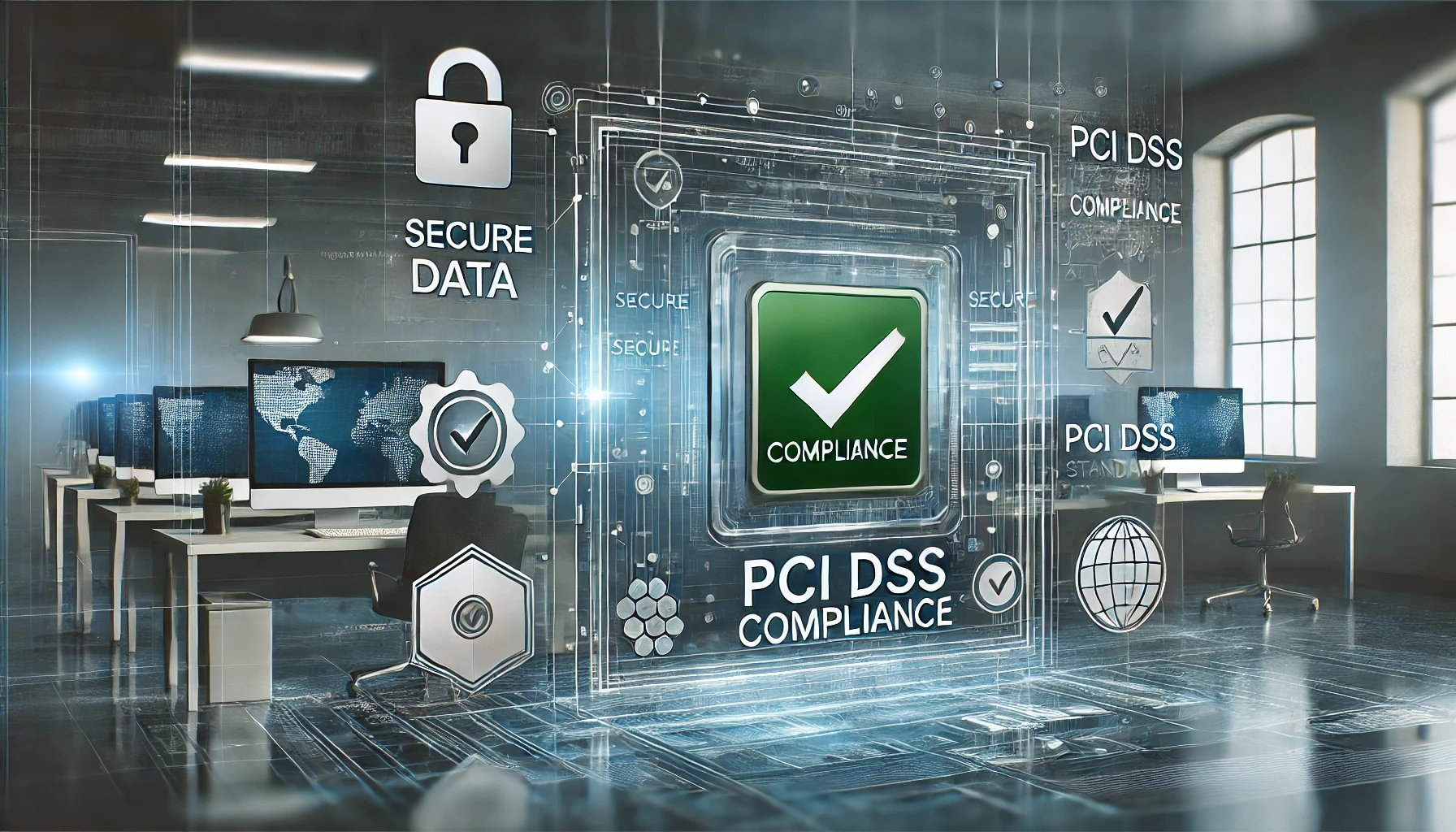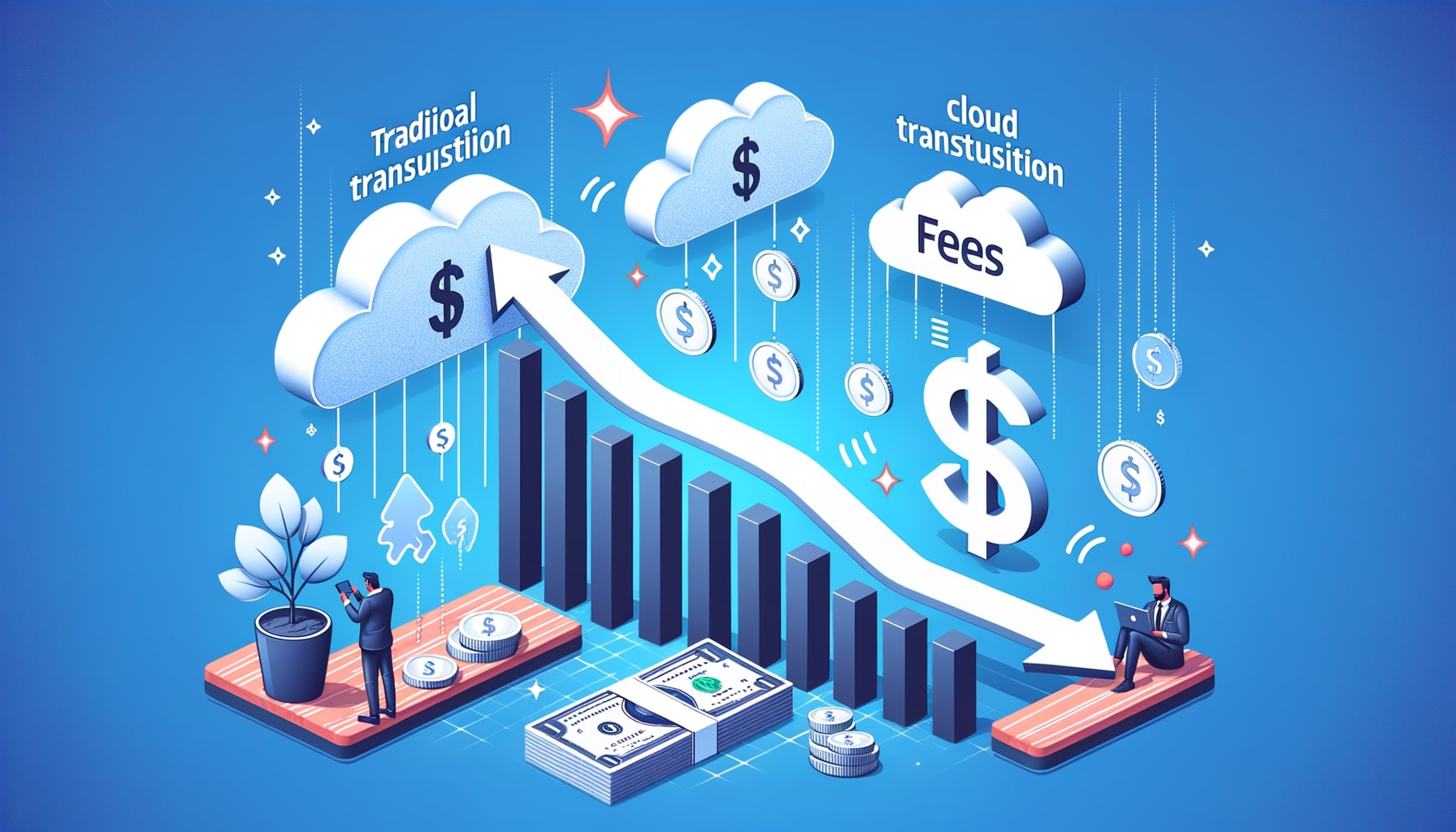The Benefits of PCI-Compliant Cloud Payment Solutions
In today’s digital marketplace, businesses must prioritize secure, compliant payment processing. For organizations handling payment data, compliance with the Payment Card Industry Data Security Standard (PCI DSS) is essential. Integrating PCI-compliant cloud payment solutions enables businesses to offer secure transactions, protect sensitive information, and gain customer trust.
This comprehensive guide explores the benefits of PCI-compliant cloud payment solutions, how they work, and how businesses can leverage them to improve security, streamline operations, and enhance customer confidence.
What is PCI DSS Compliance?

The Payment Card Industry Data Security Standard (PCI DSS) is a set of security requirements established by major credit card companies (such as Visa, MasterCard, and American Express) to ensure the protection of cardholder data. Any business handling card transactions is required to comply with these standards to prevent fraud and safeguard customer information.
Why PCI Compliance is Essential for Businesses
Non-compliance with PCI DSS can result in fines, reputational damage, and a loss of customer trust. Compliance ensures that businesses adhere to strict security protocols, protecting both themselves and their customers from data breaches and cyberattacks.
Advantages of PCI-Compliant Cloud Payment Solutions
Enhanced Security for Transactions and Data
With PCI-compliant cloud payment solutions, businesses benefit from advanced security protocols like encryption, tokenization, and multi-factor authentication. These systems prevent unauthorized access to sensitive data and secure transactions by masking cardholder information.
Scalability to Meet Business Growth
Cloud payment solutions offer flexibility that scales with the business. They handle varying transaction volumes without requiring costly infrastructure updates, making them ideal for businesses experiencing growth or seasonal transaction fluctuations.
Reduced Liability and Financial Risk
Non-compliance with PCI DSS can expose a business to costly fines and lawsuits in the event of a data breach. PCI-compliant cloud payment solutions reduce this risk by adhering to industry standards, thereby minimizing the chance of security breaches and lowering potential liabilities.
Cost Efficiency and Reduced Operational Expenses
Maintaining PCI compliance in on-premises environments requires substantial resources. Cloud payment solutions reduce these costs by shifting infrastructure maintenance and security updates to the cloud provider. This allows businesses to invest saved resources in other areas.
Faster Deployment and Easier Updates
Cloud solutions are easier to deploy and update, often with minimal downtime. With PCI-compliant cloud payment systems, businesses automatically receive security patches and software updates, ensuring ongoing compliance with evolving PCI standards.
How PCI-Compliant Cloud Payment Solutions Ensure Data Security

PCI-compliant cloud payment solutions employ various security measures to ensure the protection of customer data. These include:
- Encryption: Encryption is a fundamental component of PCI compliance. Cloud payment solutions use encryption algorithms to convert sensitive data into unreadable ciphertext, making it virtually impossible for unauthorized individuals to access or decipher the information.
- Tokenization: Tokenization replaces sensitive data, such as credit card numbers, with unique tokens. These tokens have no intrinsic value and are useless to hackers, providing an additional layer of security. The actual data is securely stored in a separate, highly protected environment.
- Secure Transmission: PCI-compliant cloud payment solutions utilize secure protocols, such as Transport Layer Security (TLS), to encrypt data during transmission. This ensures that information remains confidential and protected from interception or tampering.
- Access Controls: Access controls are implemented to restrict unauthorized access to sensitive data. PCI-compliant cloud payment solutions employ robust authentication mechanisms, such as multi-factor authentication, to ensure that only authorized individuals can access payment information.
- Regular Audits and Monitoring: PCI-compliant cloud payment solutions undergo regular audits and monitoring to identify and address any potential vulnerabilities or security breaches. These measures help ensure continuous compliance and provide businesses with peace of mind.
Key Features and Components of PCI-Compliant Cloud Payment Solutions
PCI-compliant cloud payment solutions consist of several key features and components that contribute to their effectiveness and security. These include:
- Secure Payment Gateway: A secure payment gateway acts as the intermediary between the merchant’s website or point-of-sale system and the payment processor. It encrypts and securely transmits payment data, ensuring that sensitive information is protected during the transaction process.
- Tokenization Services: Tokenization services replace sensitive payment data with unique tokens, reducing the risk of data exposure. These tokens are used for transaction processing, while the actual data is securely stored in a separate, highly protected environment.
- Fraud Detection and Prevention: PCI-compliant cloud payment solutions often incorporate advanced fraud detection and prevention mechanisms. These systems use machine learning algorithms and behavioral analytics to identify and mitigate potential fraudulent activities in real-time.
- Compliance Management Tools: Compliance management tools help businesses monitor and maintain their PCI compliance status. These tools provide automated scans, vulnerability assessments, and reporting capabilities to ensure ongoing compliance with PCI DSS standards.
- Data Storage and Backup: PCI-compliant cloud payment solutions offer secure data storage and backup capabilities. Data is stored in highly protected environments, often with redundant backups to ensure data availability and integrity.
Implementing PCI-Compliant Cloud Payment Solutions: Best Practices and Considerations
Implementing PCI-compliant cloud payment solutions requires careful planning and consideration. Here are some best practices and considerations to ensure a successful implementation:
- Choose a Trusted Cloud Provider: Select a reputable cloud provider that has a proven track record in delivering PCI-compliant solutions. Look for providers that have undergone third-party audits and certifications to validate their compliance.
- Conduct a Risk Assessment: Perform a thorough risk assessment to identify potential vulnerabilities and risks associated with your payment processing environment. This assessment will help determine the necessary security controls and measures required for compliance.
- Develop a Comprehensive Security Policy: Establish a comprehensive security policy that outlines the procedures and guidelines for handling payment data. This policy should cover areas such as access controls, encryption, incident response, and employee training.
- Train Employees: Educate employees on the importance of PCI compliance and provide training on security best practices. Regularly update training materials to ensure employees stay informed about the latest threats and security measures.
- Regularly Monitor and Update Systems: Implement a robust monitoring system to detect and respond to any potential security incidents. Regularly update software and systems to address vulnerabilities and ensure ongoing compliance.
Security Measures in PCI-Compliant Cloud Payment Solutions
Encryption and Data Masking
Encryption scrambles payment data to make it unreadable without a decryption key, while data masking hides sensitive information. These methods help secure data during transmission and storage.
Multi-Factor Authentication (MFA)
MFA requires users to verify their identity through multiple factors, reducing unauthorized access. Common MFA options include SMS codes, email verifications, and biometric scans.
Continuous Security Monitoring
PCI-compliant cloud providers monitor networks continuously, identifying threats and vulnerabilities before they can be exploited. Real-time monitoring ensures swift responses to potential security breaches.
Regular Security Audits
PCI DSS requires periodic audits to verify compliance. Cloud providers often conduct these audits independently, but businesses can also perform their own to ensure compliance is maintained.
Common Challenges and Solutions in Adopting PCI-Compliant Cloud Payment Solutions
While adopting PCI-compliant cloud payment solutions offers numerous benefits, businesses may encounter challenges during the implementation process. Here are some common challenges and their solutions:
- Integration Complexity: Integrating cloud payment solutions with existing systems can be complex. To overcome this challenge, work closely with the cloud provider and ensure proper planning and testing before deployment.
- Data Migration: Migrating existing payment data to the cloud can be challenging due to data volume and security concerns. Develop a data migration strategy that includes encryption and secure transfer protocols to mitigate risks.
- Compliance Maintenance: Maintaining ongoing compliance with PCI DSS standards requires continuous effort. Implement automated compliance management tools and regularly conduct internal audits to ensure adherence to the standards.
- Vendor Management: Managing relationships with cloud providers and other vendors involved in the payment processing ecosystem can be challenging. Establish clear communication channels and regularly review vendor compliance and security practices.
- Employee Resistance: Employees may resist changes in payment processing procedures or be hesitant to adopt new technologies. Provide comprehensive training and communicate the benefits of PCI-compliant cloud payment solutions to gain employee buy-in.
Frequently Asked Questions (FAQs) about PCI-Compliant Cloud Payment Solutions
Q1. What is PCI compliance?
PCI compliance refers to adherence to the Payment Card Industry Data Security Standard (PCI DSS), a set of security standards established by major credit card companies to protect cardholder data.
Q2. Why is PCI compliance important for cloud payment solutions?
PCI compliance is crucial for cloud payment solutions as it ensures the security and integrity of customer information, reducing the risk of data breaches and fraud.
Q3. How do PCI-compliant cloud payment solutions ensure data security?
PCI-compliant cloud payment solutions employ encryption, tokenization, secure transmission protocols, access controls, and regular audits and monitoring to ensure data security.
Q4. What are the advantages of PCI-compliant cloud payment solutions?
Advantages of PCI-compliant cloud payment solutions include enhanced security, reduced liability, streamlined operations, scalability and flexibility, and cost savings.
Q5. What are the key features of PCI-compliant cloud payment solutions?
Key features of PCI-compliant cloud payment solutions include secure payment gateways, tokenization services, fraud detection and prevention mechanisms, compliance management tools, and secure data storage and backup.
Conclusion
PCI-compliant cloud payment solutions offer numerous benefits for businesses, including enhanced security, reduced liability, streamlined operations, scalability, flexibility, and cost savings. By implementing these solutions, organizations can ensure the security and integrity of customer data while simplifying compliance requirements.
However, businesses must carefully consider best practices, overcome implementation challenges, and regularly monitor and update their systems to maintain ongoing compliance. With the right approach and a trusted cloud provider, PCI-compliant cloud payment solutions can provide a secure and efficient payment processing environment for businesses of all sizes.









